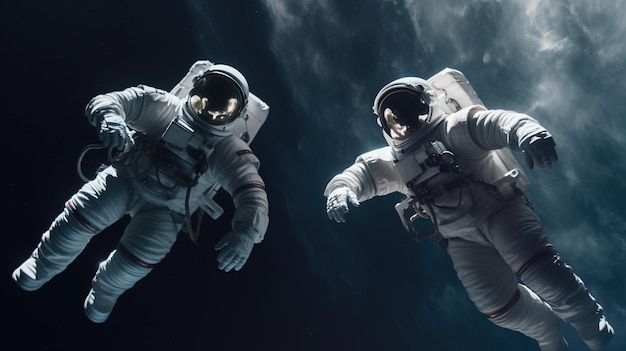NASA’s Starliner Mission: Delayed By Helium Leak

NASA's Starliner Mission: Delayed By Helium Leak
02 July 2024
It’s likely that Sunita Williams and astronaut Barry Wilmore will eventually return from their extended mission on the International Space Station. Even though the return dates have been postponed, they will come back to Earth once everything is in order for a safe journey home.
The return of the spacecraft, originally set for June 14 and then June 26, remains uncertain with no confirmed date yet.
What are the changes that they might face?
1) The changes in sensory input caused by the lack of gravity in space can impact astronauts’ spatial awareness, balance, and coordination. Some astronauts may face Space Motion Sickness (SMS), leading to symptoms such as nausea and disorientation, but these usually improve as they adjust to the environment.
2) The radiation exposure in space poses a significant risk to astronauts, leading to potential DNA damage and an increased cancer risk. To manage this, space agencies establish mission limits to ensure that the total radiation exposure remains within safe thresholds.
3) The impact on the musculoskeletal system in space is significant. Astronauts face muscle atrophy and bone loss due to the absence of gravity, resembling the effects of osteoporosis. While exercise programs on the ISS aim to lessen these effects, some degree of bone loss still occurs.
4) Microgravity results in fluid shifts within astronauts’ bodies, causing facial swelling, congestion, and reduced leg fluid volume. These alterations can affect cardiovascular performance, potentially resulting in dizziness or fainting when astronauts return to Earth’s gravity.
5) The redistribution of fluids in space can raise the likelihood of kidney stone formation because of the elevated calcium levels in urine. Changes in metabolism impact how nutrients are absorbed and used, leading to fluctuations in hormone levels, insulin sensitivity, and the composition of gut bacteria, which could impact astronauts’ long-term health.







